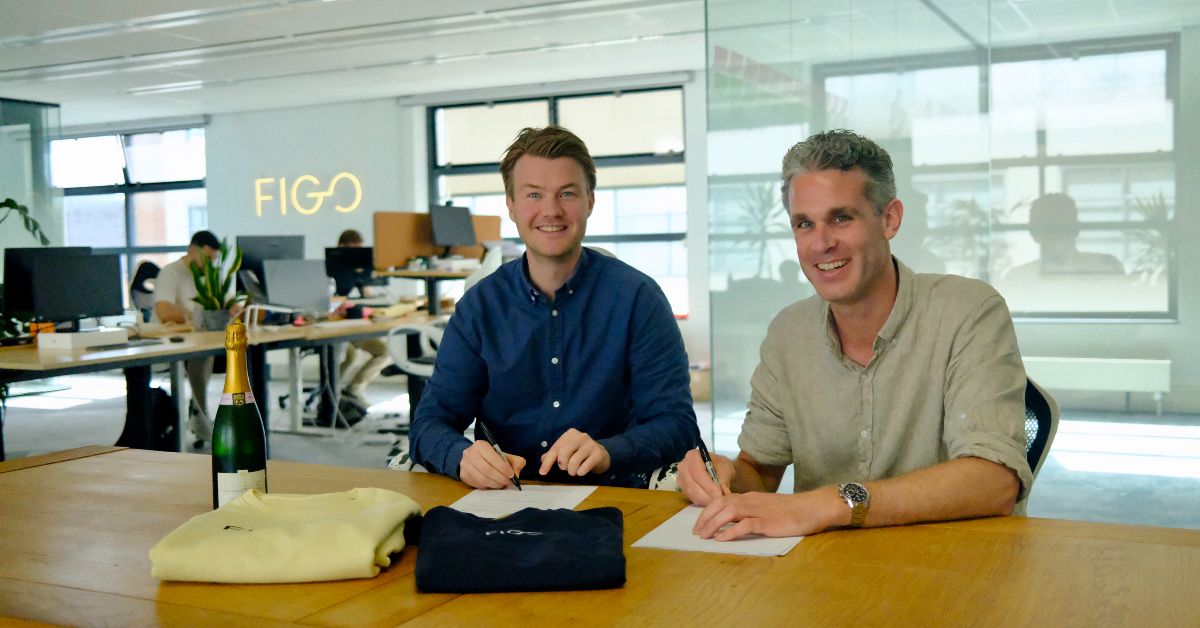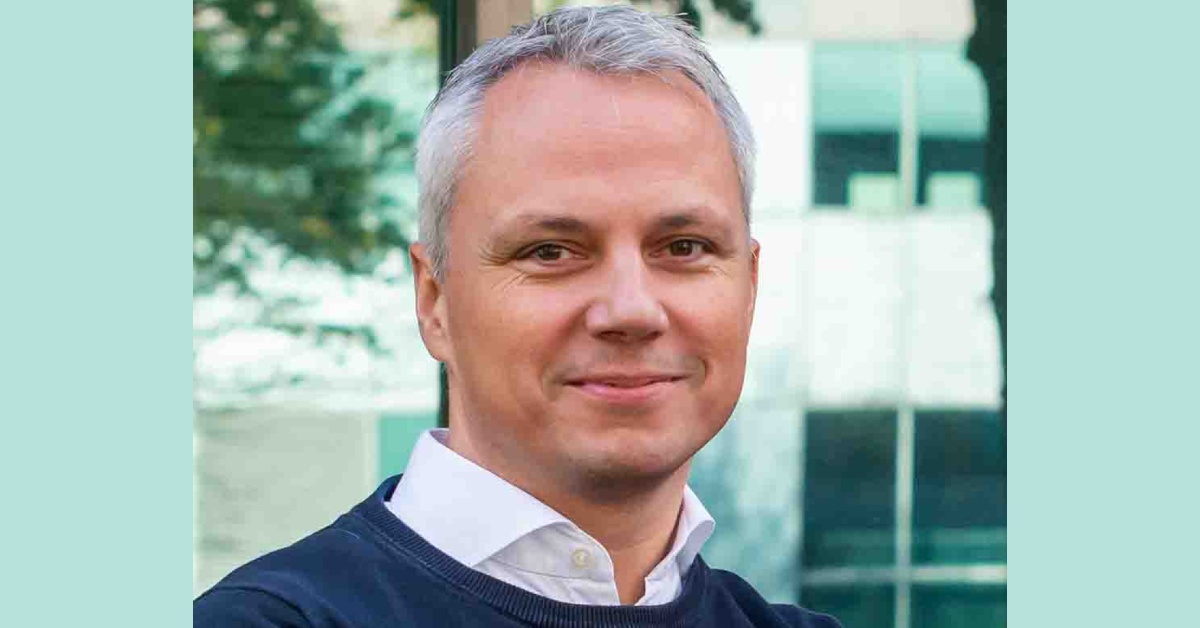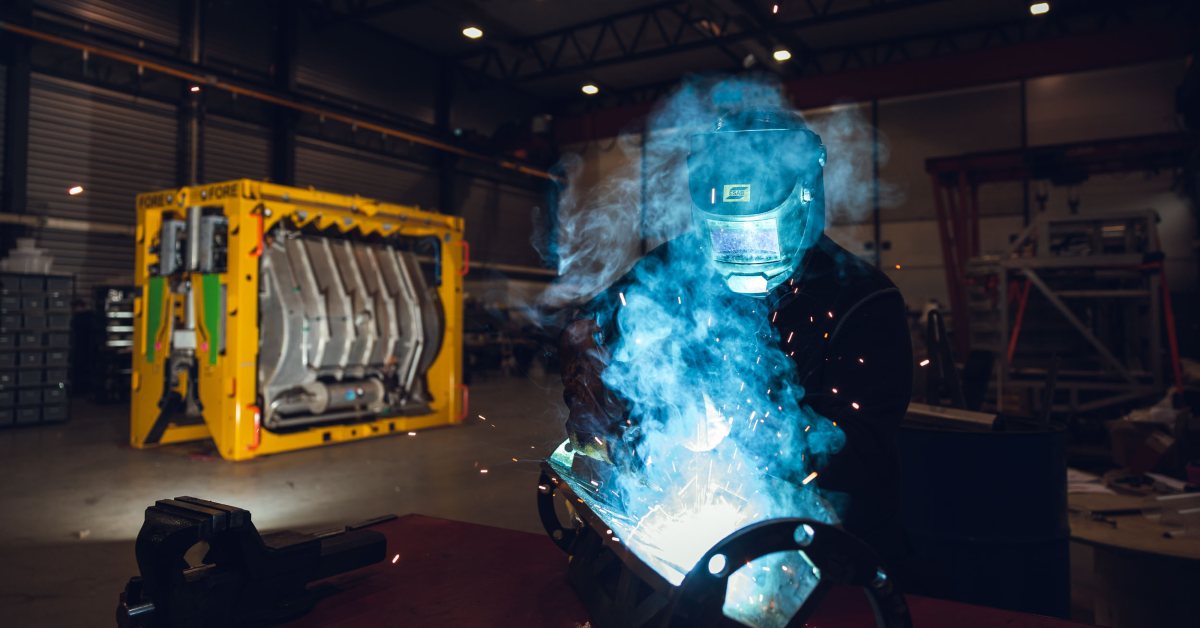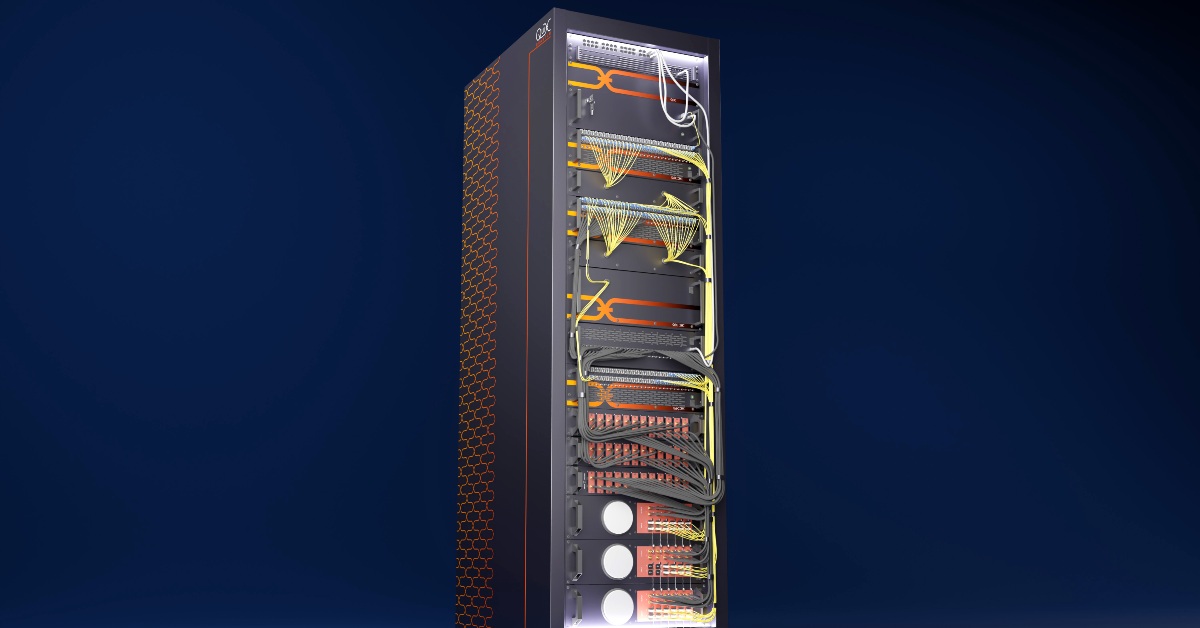Eindhoven-based high-tech chemical scale-up Ioniqa Technologies announced that it has raised €10M in a fresh round of funding from a new investor and several existing shareholders.
Named ‘National icon’ by the Netherlands’ government in 2019, Ioniqa claims to be leading the pack in the field of enhanced recycling for PET plastics.
Creating value out of PET waste through technology
In the current scenario, governments, international brands, and plastic producers are setting themselves steep targets for 100 per cent recycled PET plastics, led by a major shift in consumer demands. This creates a massive pull for the circular solution Ioniqa is delivering.
Ioniqa Technologies is a clean-tech spinoff from the Eindhoven University of Technology (NL), specialised in creating value out of PET waste by using its proprietary circular technology. With a cost-effective process, Ioniqa claims to close the loop for plastics, starting with PET plastics.
The company’s innovation transforms all types and colours of PET plastic waste into valuable “virgin-quality” materials for food-approved PET plastic. Besides, up-cycling processes for other types of plastic are also being researched and are expected to be launched in the near future by the company.
How will the funds be utilised?
The funds follow after the company breakthrough upcycling process to make PET plastic a sustainable material. Polyethylene terephthalate (PET) is among those plastics that are an important part of your everyday life. It is a commercial polymer having application ranging from packaging, fabrics, films, moulded parts for automotive, electronics, etc. You can find this clear plastic around you as a water bottle or soda bottle container.
The raised capital from this round will help Ioniqa in the scale-up and rollout of its technology.
Tonnis Hooghoudt, Ioniqa’s CEO and founder, says, “Without funds, there will be no successful innovations like ours that reduce the CO2 footprint of PET plastics by 75 per cent. We are delivering a solution to the market that has never been tried before at this scale and requires proper resources including funding to counter unexpected challenges along the (scaling-up) way.”
Speaking about the use of the capital, Hooghoudt further adds, “The new funds enable Ioniqa to continue its journey to make the world a better place by using plastic waste as feedstock for new food-grade products. The funding will be used to further ramp up our 10kt plant to full capacity and to prepare licensing packs which will be brought to the market early 2022.”
Ioniqa is scaling up its technology for infinite PET plastic upcycling. It is building its first PET plastic up-cycling factory in the Netherlands at Brightlands Chemelot Campus in Geleen. As of summer 2019, PET plastic waste will be converted into high-grade, pure PET raw material, of which new food packaging will be made.
How does it work?
According to the company, its smart fluids and the separation process upcycles all sorts of PET, even coloured PET claiming that it was not possible until now. The raw material that it produces is identical to the plastics produced from oil; even suitable for food packaging.
The company does all this by the method called depolymerisation.
Explaining the process on its website, the company said, “The plastic, also known as a polymer, is submerged in a solution, such as water or glycol. The molecular structure of the polymer, which consists of identical units (the monomers), will then slowly start to dissolve. With the raw material that we harvest, we produce new, clear PET bottles that are food safe.”
Ioniqa’s Smart Materials and Separation Process is a platform technology. The current scaling up of its novel technology is focused on PET plastics only but could be applied in the future to other plastics and organic materials as well.
How was the company born?
Back in 2009 the CEO, Tonnis Hooghoudt, teamed up with a PhD student from the Technical University Eindhoven (Netherlands) and the Dutch Polymer Institute in Eindhoven (Netherlands). Thrilled by the potential of this technology and driven by an ambition to bring this to the market, both knew very well that a technology in itself does not do the job.
The focus was to scan the market for “customer-problems” that could be solved using Ioniqa’s technology. It started its journey in the automotive sector, however, the real breakthrough, in the end, came a couple of years later in the Upcycling of waste back to “virgin” raw materials.
After overcoming many challenges such as R&D, funding, and technology, the company claims that its novel technology is a game-changer as it makes plastics a sustainable material – currently with PET plastics.










01
From telecom veteran to Dutch Startup Visa success: The Jignesh Dave story